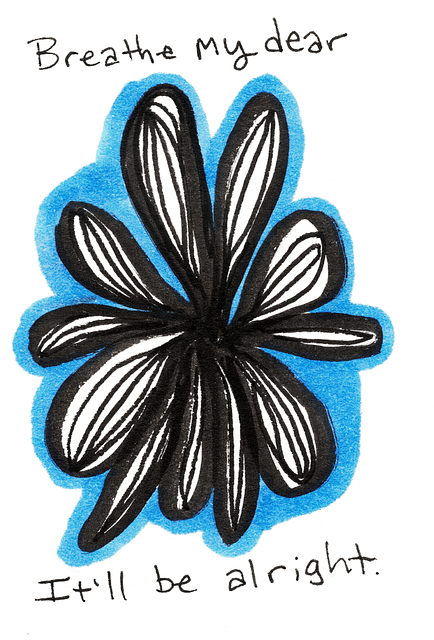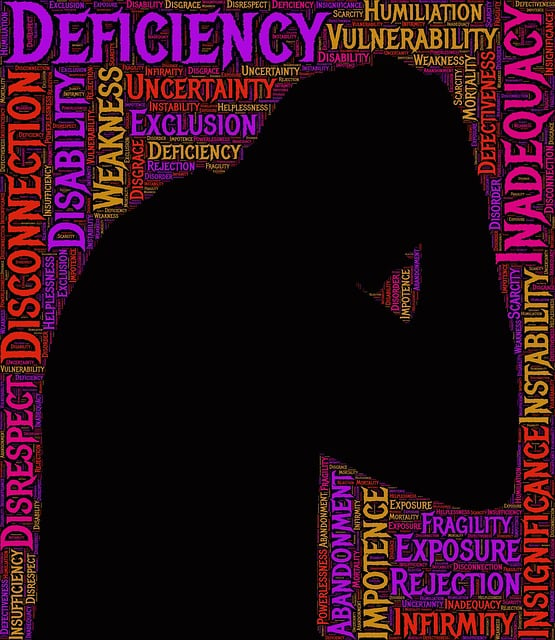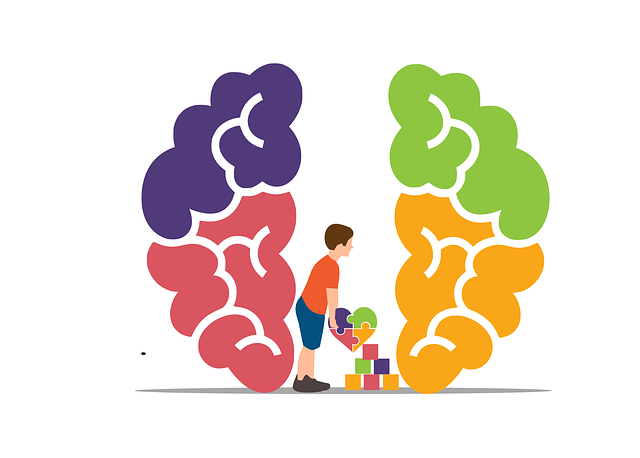Parker Children Therapy emphasizes robust risk management as a cornerstone of its mental health services, prioritizing client and therapist safety through open communication, continuous learning, and self-care workshops. Their Community Outreach Programs build supportive networks enhancing community well-being. By proactively addressing challenges like burnout and emotional distress, Parker Children Therapy creates a secure environment conducive to healing. They adapt risk management strategies based on evolving needs and research, integrating best practices from depression prevention to tailored exercise guidance, ensuring effective, relevant care for both clients and therapists.
At Parker Children Therapy, effective risk management planning is paramount in ensuring safe and nurturing mental health practices. This article delves into a structured approach to mitigate potential risks and vulnerabilities, drawing from the expertise of our renowned therapists. We explore essential strategies, including identifying hazards, developing robust plans, implementing safe interaction protocols, and continually adapting to evolving needs. By adopting these practices, Parker Children Therapy ensures a secure environment for both clients and professionals.
- Understanding Risk in Mental Health Practice at Parker Children Therapy
- Identifying Potential Hazards and Vulnerabilities
- Developing a Comprehensive Risk Management Plan
- Implementing Strategies for Safe Client Interactions
- Continuous Evaluation and Adaptation of Risk Management Protocols
Understanding Risk in Mental Health Practice at Parker Children Therapy

At Parker Children Therapy, understanding risk is a cornerstone of our mental health practice. We recognize that working with young minds comes with unique challenges and potential hazards. Our team is trained to identify and assess risks within the therapeutic environment, ensuring the safety and well-being of both clients and practitioners. By fostering a culture of open communication and continuous learning, we proactively mitigate stressors that may impact the mental health of our staff.
Through regular Stress Management Workshops organized by our dedicated team, we equip professionals with self-awareness exercises and coping strategies. Additionally, Parker Children Therapy emphasizes the importance of Community Outreach Program Implementation to engage families and communities, fostering a support network that extends beyond the therapy room. These proactive measures allow us to navigate potential risks effectively while creating a nurturing and secure space for healing to take place.
Identifying Potential Hazards and Vulnerabilities

Mental health professionals, like those at Parker Children Therapy, often find themselves on the frontlines of emotional support, which can be both rewarding and challenging. Identifying potential hazards and vulnerabilities is a critical step in risk management planning. These may include prolonged exposure to intense emotional situations, high caseloads, or complex client needs. Such stressors can contribute to burnout, a significant concern in this field.
Professionals must also consider their own mental health and well-being. Self-esteem improvement techniques, coupled with effective crisis intervention guidance, can help mitigate risks. By recognizing vulnerabilities early, therapists can implement strategies for burnout prevention, ensuring they remain equipped to provide the best care possible.
Developing a Comprehensive Risk Management Plan

Developing a comprehensive risk management plan is essential for mental health professionals to maintain their well-being and effectively support clients at Parker Children Therapy. This involves a multi-faceted approach that integrates various strategies tailored to individual needs. By prioritizing self-care, therapists can prevent burnout, a significant risk in the helping profession. Incorporating techniques from Mental Wellness Coaching Programs Development can enhance emotional resilience and promote a healthy work-life balance.
A robust plan should include structured breaks, effective time management, and engaging in activities that foster emotional well-being. Additionally, seeking support from colleagues or professional networks can provide valuable resources for navigating challenging situations. Regular reflection and monitoring of one’s mental state are crucial components, ensuring professionals remain attuned to their needs and boundaries. These proactive measures ultimately contribute to improved client care and a sustainable career in the mental health field.
Implementing Strategies for Safe Client Interactions

Mental health professionals, such as those at Parker Children Therapy, face unique challenges when it comes to risk management. Implementing strategies for safe client interactions is paramount to ensure both the well-being of the professionals and their clients. One effective approach involves cultivating compassion within the therapeutic setting. By embracing compassion cultivation practices, therapists can foster a deeper understanding and empathy towards their clients, reducing potential risks associated with miscommunication or emotional distress.
Additionally, promoting positive thinking and inner strength development among clients can significantly enhance risk mitigation. Encouraging clients to cultivate a positive mindset helps them better cope with challenging situations, reduces the likelihood of harmful behaviors, and promotes overall resilience. These strategies not only create a safer environment for interactions but also empower both therapists and clients to navigate potential risks with greater equanimity and effectiveness.
Continuous Evaluation and Adaptation of Risk Management Protocols

Effective risk management for mental health professionals requires a dynamic approach—a constant evolution to keep pace with the complexities of client needs and emerging challenges. At Parker Children Therapy, we understand that the landscape of mental wellness is ever-changing. Therefore, our protocols are not set in stone but rather subject to continuous evaluation and adaptation. This ensures that our strategies remain relevant and effective in addressing a wide range of issues, from depression prevention to providing tailored exercise guidance through mental wellness journaling.
Regular reviews allow us to integrate the latest research and best practices into our risk management plans. By staying agile, we can swiftly respond to new trends, such as the development of innovative coaching programs aimed at enhancing mental wellness. This proactive stance not only safeguards client well-being but also fosters a resilient and adaptable environment within our practice, benefiting both clients and therapists alike.
Mental health professionals, like those at Parker Children Therapy, must prioritize risk management to ensure a safe and supportive environment. By understanding the unique risks in their practice, identifying potential hazards, and developing robust plans, therapists can mitigate vulnerabilities and foster secure client interactions. Continuous evaluation and adaptation of protocols are key to staying ahead of emerging challenges. Implementing these strategies not only protects clients but also strengthens the therapeutic process at Parker Children Therapy and similar practices.













